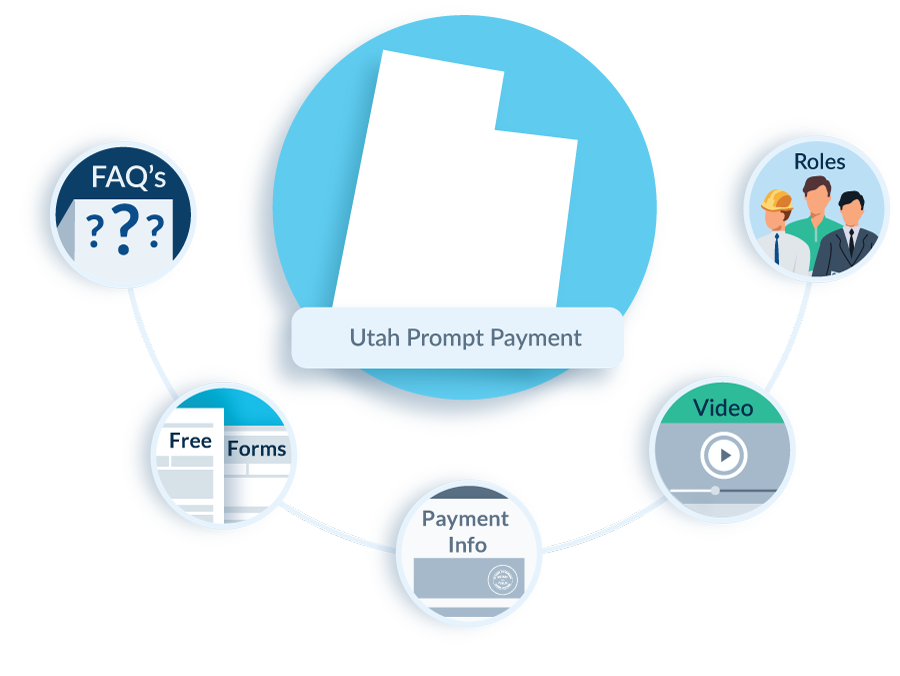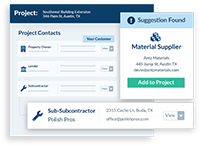(1) As used in this section:
(a)
(i) “Construction contract” means a written agreement between the parties relative to the design, construction, alteration, repair, or maintenance of a building, structure, highway, appurtenance, appliance, or other improvements to real property, including moving, demolition, and excavating for nonresidential commercial or industrial construction projects.
(ii) If the construction contract is for construction of a project that is part residential and part nonresidential, this section applies only to that portion of the construction project that is nonresidential as determined pro rata based on the percentage of the total square footage of the project that is nonresidential.
(b) “Construction lender” means any person, including a bank, trust company, savings bank, industrial bank, land bank, safe deposit company, private banker, savings and loan association, credit union, cooperative bank, small loan company, sales finance company, investment company, or any other financial institution that advances money to a borrower for the purpose of making alterations or improvements to real property. A construction lender does not include a person or entity who is acting in the capacity of contractor, original contractor, or subcontractor.
(c) “Construction project” means an improvement to real property that is the subject of a construction contract.
(d) “Contractor” means a person who, for compensation other than wages as an employee, undertakes any work in a construction trade, as defined in Section 58-55-102 and includes:
(i) any person engaged as a maintenance person who regularly engages in activities set forth in Section 58-55-102 as a construction trade; or
(ii) a construction manager who performs management and counseling services on a construction project for a fee.
(e) “Original contractor” means the same as that term is defined in Section 38-1a-102.
(f) “Owner” means the person who holds any legal or equitable title or interest in property. Owner does not include a construction lender unless the construction lender has an ownership interest in the property other than solely as a construction lender.
(g) “Public agency” means any state agency or a county, city, town, school district, local district, special service district, or other political subdivision of the state that enters into a construction contract for an improvement of public property.
(h) “Retention payment” means release of retention proceeds as defined in Subsection (1)(i).
(i) “Retention proceeds” means money earned by a contractor or subcontractor but retained by the owner or public agency pursuant to the terms of a construction contract to guarantee payment or performance by the contractor or subcontractor of the construction contract.
(j) “Subcontractor” means the same as that term is defined in Section 38-1a-102.
(2)
(a) This section is applicable to all construction contracts relating to construction work or improvements entered into on or after July 1, 1999, between:
(i) an owner or public agency and an original contractor;
(ii) an original contractor and a subcontractor; and
(iii) subcontractors under a contract described in Subsection (2)(a)(i) or (ii).
(b) This section does not apply to a construction lender.
(3)
(a) Notwithstanding Section 58-55-603, the retention proceeds withheld and retained from any payment due under the terms of the construction contract may not exceed 5% of the payment:
(i) by the owner or public agency to the original contractor;
(ii) by the original contractor to any subcontractor; or
(iii) by a subcontractor.
(b) The total retention proceeds withheld may not exceed 5% of the total construction price.
(c) The percentage of the retention proceeds withheld and retained pursuant to a construction contract between the original contractor and a subcontractor or between subcontractors shall be the same retention percentage as between the owner and the original contractor if:
(i) the retention percentage in the original construction contract between an owner and the original contractor is less than 5%; or
(ii) after the original construction contract is executed but before completion of the construction contract the retention percentage is reduced to less than 5%.
(4)
(a) If any payment on a contract with a private contractor, firm, or corporation to do work for an owner or public agency is retained or withheld by the owner or the public agency, as retention proceeds, it shall be placed in an interest-bearing account and accounted for separately from other amounts paid under the contract.
(b) The interest accrued under Subsection (4)(a) shall be:
(i) for the benefit of the contractor and subcontractors; and
(ii) paid after the project is completed and accepted by the owner or the public agency.
(c) The contractor shall ensure that any interest accrued on the retainage is distributed by the contractor to subcontractors on a pro rata basis.
(d) Retention proceeds and accrued interest retained by an owner or public agency:
(i) are considered to be in a constructive trust for the benefit of the contractor and subcontractors who have earned the proceeds; and
(ii) are not subject to assignment, encumbrance, attachment, garnishment, or execution levy for the debt of any person holding the retention proceeds and accrued interest.
(5) Any retention proceeds retained or withheld pursuant to this section and any accrued interest shall be released pursuant to a billing statement from the contractor within 45 days from the later of:
(a) the date the owner or public agency receives the billing statement from the contractor;
(b) the date that a certificate of occupancy or final acceptance notice is issued to:
(i) the original contractor who obtained the building permit from the building inspector or public agency;
(ii) the owner or architect; or
(iii) the public agency;
(c) the date that a public agency or building inspector that has the authority to issue a certificate of occupancy does not issue the certificate but permits partial or complete occupancy or use of a construction project; or
(d) the date the contractor accepts the final pay quantities.
(6) If only partial occupancy of a construction project is permitted, any retention proceeds withheld and retained pursuant to this section and any accrued interest shall be partially released within 45 days under the same conditions as provided in Subsection (5) in direct proportion to the value of the part of the construction project occupied or used.
(7) The billing statement from the contractor as provided in Subsection (5)(a) shall include documentation of lien releases or waivers.
(8)
(a) Notwithstanding Subsection (3):
(i) if a contractor or subcontractor is in default or breach of the terms and conditions of the construction contract documents, plans, or specifications governing construction of the project, the owner or public agency may withhold from payment for as long as reasonably necessary an amount necessary to cure the breach or default of the contractor or subcontractor; or
(ii) if a project or a portion of the project has been substantially completed, the owner or public agency may retain until completion up to twice the fair market value of the work of the original contractor or of any subcontractor that has not been completed:
(A) in accordance with the construction contract documents, plans, and specifications; or
(B) in the absence of plans and specifications, to generally accepted craft standards.
(b) An owner or public agency that refuses payment under Subsection (8)(a) shall describe in writing within 45 days of withholding such amounts what portion of the work was not completed according to the standards specified in Subsection (8)(a).
(9)
(a) Except as provided in Subsection (9)(b), an original contractor or subcontractor who receives retention proceeds shall pay each of its subcontractors from whom retention has been withheld each subcontractor’s share of the retention received within 10 days from the day that all or any portion of the retention proceeds is received:
(i) by the original contractor from the owner or public agency; or
(ii) by the subcontractor from:
(A) the original contractor; or
(B) a subcontractor.
(b) Notwithstanding Subsection (9)(a), if a retention payment received by the original contractor is specifically designated for a particular subcontractor, payment of the retention shall be made to the designated subcontractor.
(10)
(a) In any action for the collection of the retained proceeds withheld and retained in violation of this section, the successful party is entitled to:
(i) attorney fees; and
(ii) other allowable costs.
(b)
(i) Any owner, public agency, original contractor, or subcontractor who knowingly and wrongfully withholds a retention shall be subject to a charge of 2% per month on the improperly withheld amount, in addition to any interest otherwise due.
(ii) The charge described in Subsection (10)(b)(i) shall be paid to the contractor or subcontractor from whom the retention proceeds have been wrongfully withheld.
(11) A party to a construction contract may not require any other party to waive any provision of this section.
Summary
Article Name
Utah Prompt Payment Law
Description
Summary of Utah Prompt Payment requirements and laws for Utah construction projects including free forms, FAQs, resources and more.
Author
Scott Wolfe Jr.
Publisher Name
Levelset
Publisher Logo




